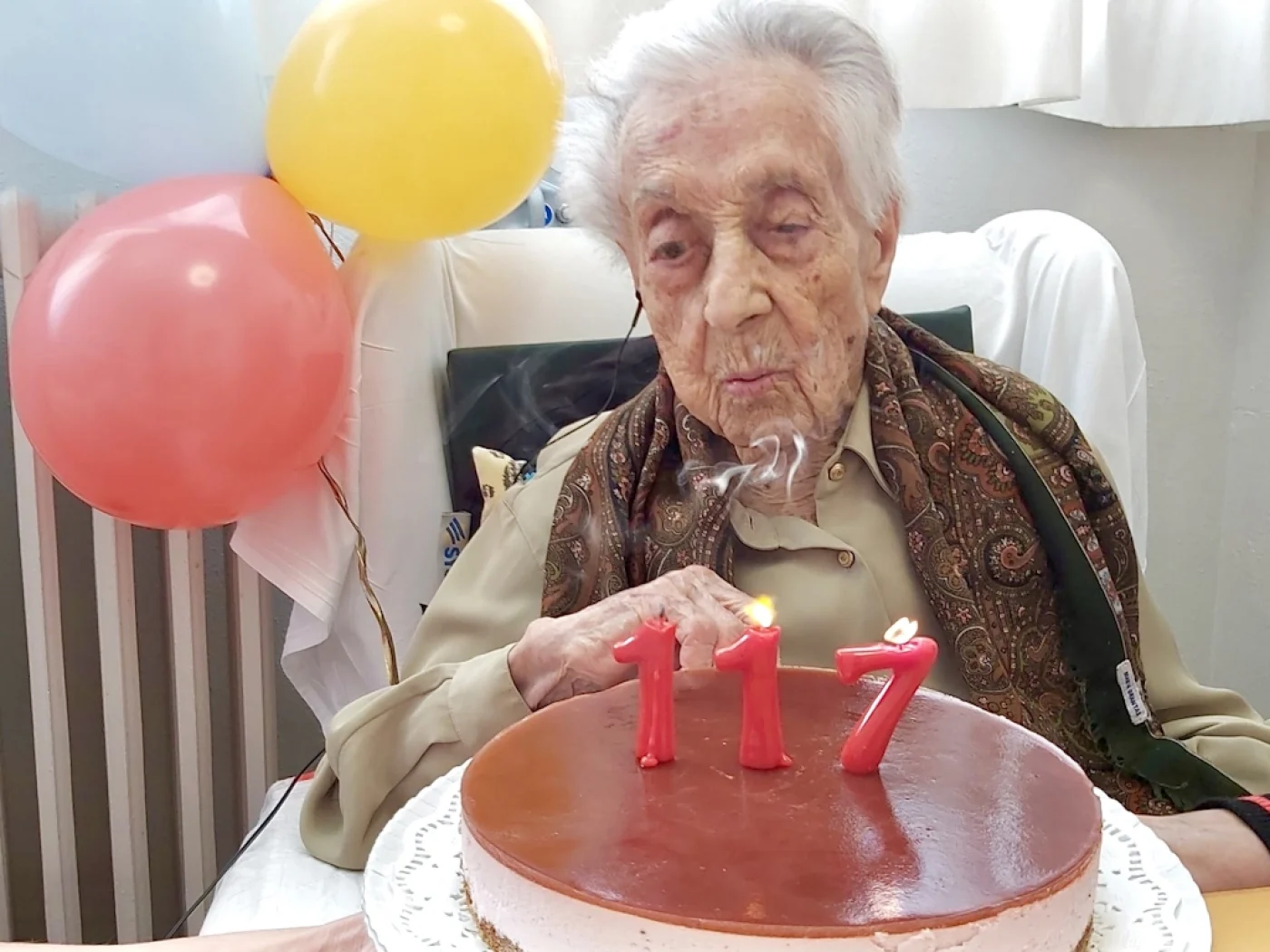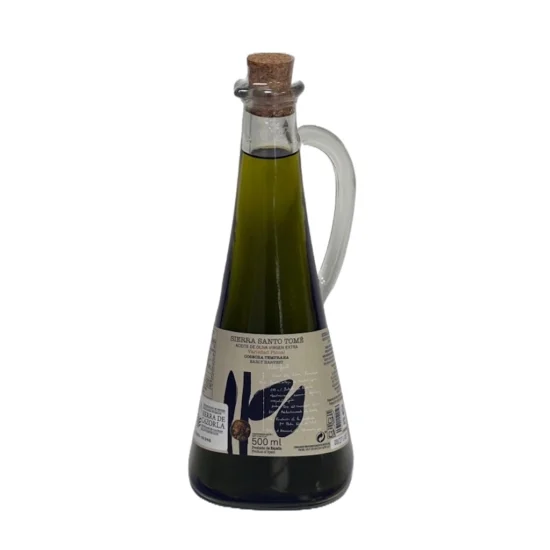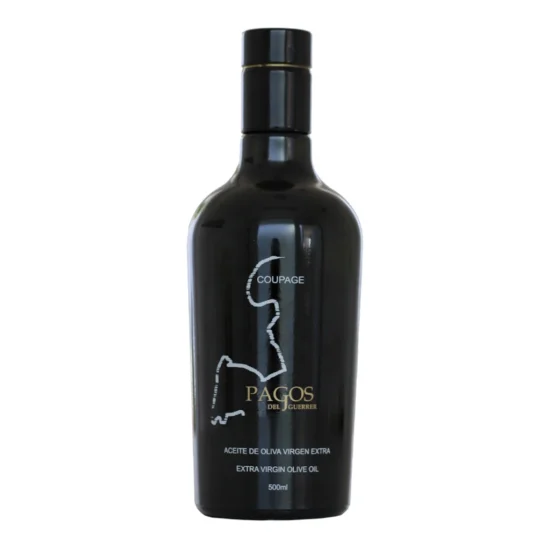
The study of María Branyas Morera (1907–2024), the world’s oldest person before her death, has provided valuable scientific information about her exceptional longevity. Scientists from the University of Barcelona analyzed the DNA and lifestyle of this supercentenarian, publishing their findings in the journal Cell Reports Medicine in September 2025. The results suggest that her extraordinary life was due to a combination of genetic factors and an extremely healthy lifestyle.
Genetic analysis revealed that María Branyas possessed an advantageous genetic makeup. Technically, this configuration gave him a superior resistance to diseases in general, especially those common in old age. This finding underscores the hereditary component of extreme longevity, suggesting that certain genetic markers may offer greater biological protection against the deterioration associated with aging. Manel Esteller’s team noted his excellent cardiovascular health, unusual for his age, noting that his main problems were mobility and hearing.
The second pillar of his longevity was an exceptionally healthy lifestyle maintained throughout his life. The researchers detailed several key behaviors:
A central element of his lifestyle was his Mediterranean diet, a nutritional pattern recognized for its benefits on physical and mental health. This diet is characterized by:
Specifically, María Branyas consumed three yogurts a day. Scientifically, regularly consuming yogurt (a fermented dairy product) in a fiber-rich diet (fruits, vegetables) promotes a healthy gut microbiota. This robust microbiota is essential for a healthy immune system and is believed to help prevent chronic inflammatory problems, which are an underlying factor in many age-related diseases.
María Branyas Morera’s study acts as a single-case model (supercentenarian study) that reinforces the hypothesis that extreme longevity results from the positive interaction between a favorable genetic predisposition and strict adherence to a protective lifestyle. Although olive oil and yogurt consumption are notable components of her diet and may be proxies for optimal gut health, the researchers emphasize that these results are personalized. The complex etiology of aging implies that the combination of factors that led to her 117 years is unique to her, although her habits offer empirical validation of the benefits of the Mediterranean Diet and moderation.
Important Note: aceitedelcampo.com promotes the consumption of extra virgin olive oil for its culinary qualities and health benefits. However, no medication or current treatment should be replaced without the guidance of a healthcare professional.




ALZAYT EXPORT SL
info@aceitedelcampo.com
C/ Eduardo Bosca 19, 2-5
46023 Valencia
Subscribe and receive a coupon by email for your next purchase.